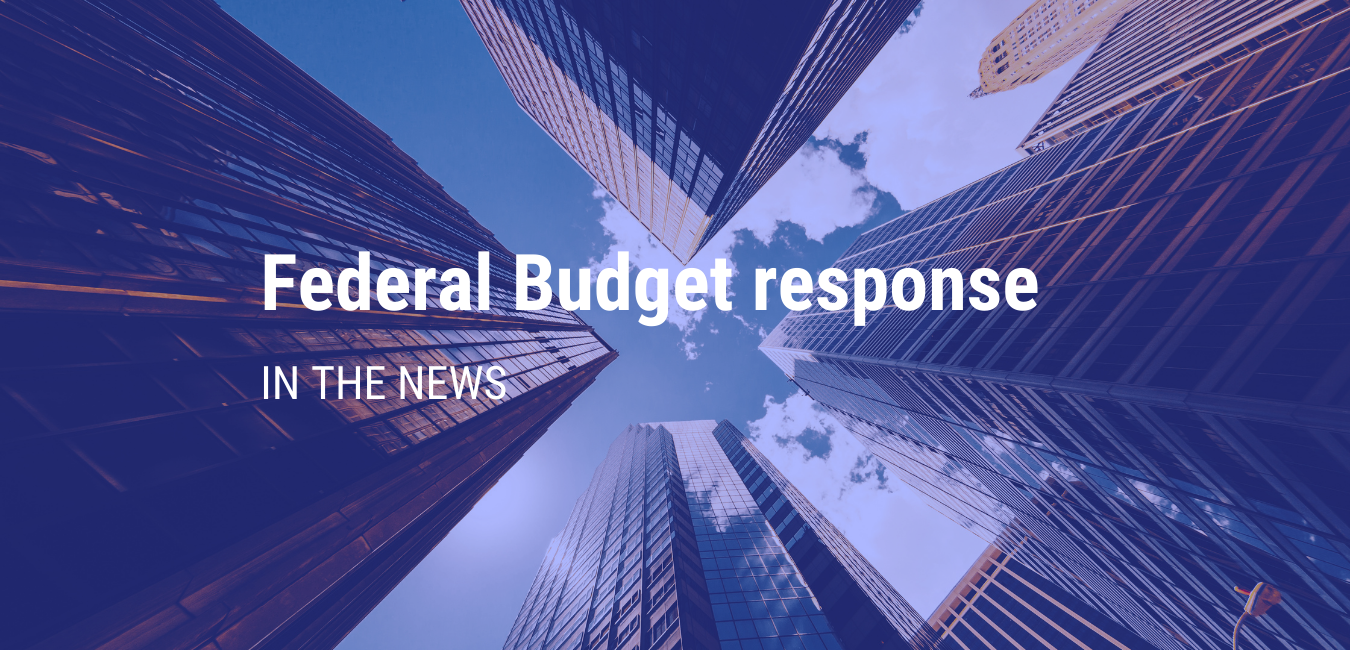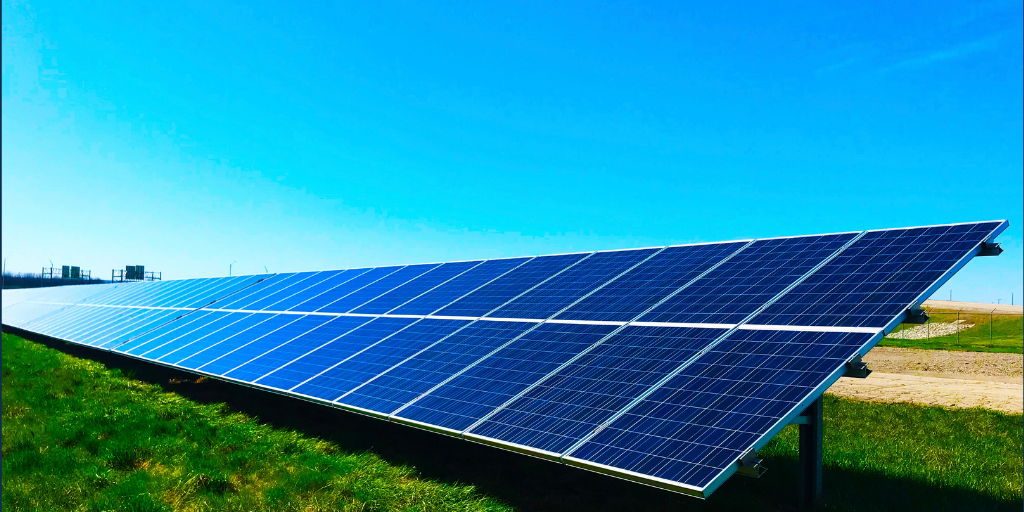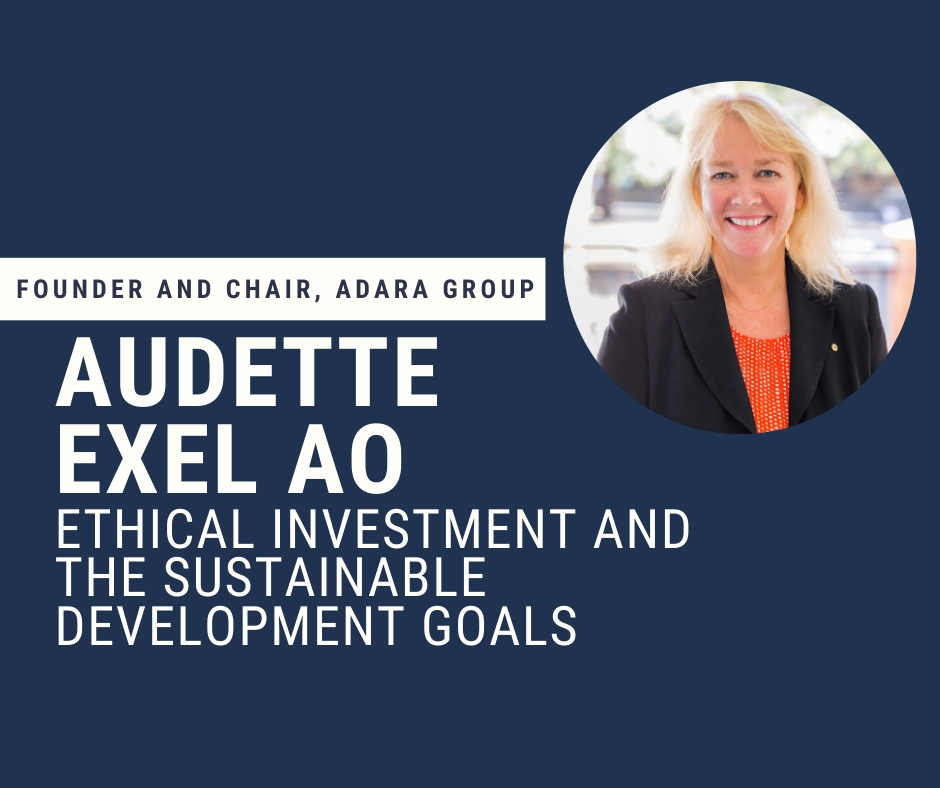
Environment & Climate Change, Featured, Media, News
Federal Budget response: Australia must be at the front of the race to net zero targets
Kylie Porter | May 12, 2021
The Australian Local Network of the United Nations Global Compact, Global Compact Network Australia (GCNA) recognises the Federal Government’s Budget released on Tuesday 11 May 2021 however, says Australia is still trailing significantly behind the commitments made by the US and most of Australia’s major trading partners and allies.
The Morrison Government announced that Australia is on the pathway to net zero and that their goal is to get there preferably by 2050. Announced in the Federal Budget is $1.6 billion to fund priority technologies, including clean hydrogen and energy storage and $58.6 million to support an expansion of the gas industry. An interim National Gas Infrastructure Plan was also released, soldering the Federal Government’s ‘Gas Fired’ recovery.
GCNA Executive Director Kylie Porter said: “We recognise the challenges posed for both government and business in a swift and unplanned transition to clean energy. However, the focus of the budget allocation towards gas is not a long-term sustainable energy source. Additionally, without effective technologies to reduce emissions, a gas-led recovery will increase Australia’s overall greenhouse gas emissions, and potentially lead to another wave of stranded assets. In turn, this will also affect those communities and workers. As a country, Australia needs to continue to invest in renewable energy systems to ensure an inclusive and sustainable economy that provides clean and affordable energy for all households, including areas of lower socio-economic status.
“We need collective pressure placed on the Government to step up, take urgent and immediate action and make commitments that put us at the front of the race to net zero emissions before 2050. The Morrison Government must demonstrate leadership and match the ambitions of the UK, US, and many other countries. We must take climate change seriously and act now to curb further harm to our planet and people.”
Earlier this year, the United Nations Environment Program released a report revealing that Australia’s spend on green initiatives during the pandemic was less than that of other large economies such as France, South Korea and Germany. Further, last year Australia’s emissions were one of the highest on record globally[1], driven by an increase in emissions from the electricity sector.
In alignment with the 2030 Agenda for Sustainable Development, the GCNA has been advocating for the Sustainable Development Goals (SDGs) to form part of Australia’s economic recovery. The SDGs are the blueprint to achieve a better and more sustainable future for all. They address the intractable global challenges, including poverty, inequality, climate change, environmental degradation, peace and justice.
“If we are to focus on alternative fuel sources, we must strongly consider how they stand up against the SDGs. Goal 7 of the SDGs is to ensure access to affordable, reliable, sustainable and modern energy for all. Goal 13 speaks to taking urgent action to combat climate change and its impact. Both these goals must remain a focus for the Federal Government.
“GCNA remains committed to working with the Australian business community to invest in future proofing business practices, and in turn our economies. The 17 goals outlined in the SDGs highlight the significant commitment required for global, and specifically local, businesses to review the way that they operate and align business objectives with responsible and sustainable practice,” concluded Kylie Porter.
This week, GCNA is hosting Making Global Goals Local Business – Australia, a forum featuring global and local leaders, aimed to inspire urgent action from the broader business community to support the delivery of the SDGs. Collectively, the forum will discuss how responsible business practices can create new market opportunities and accelerate action to achieve a better and more sustainable future for all.
[1] Results are presented in tonnes of carbon dioxide equivalents.




